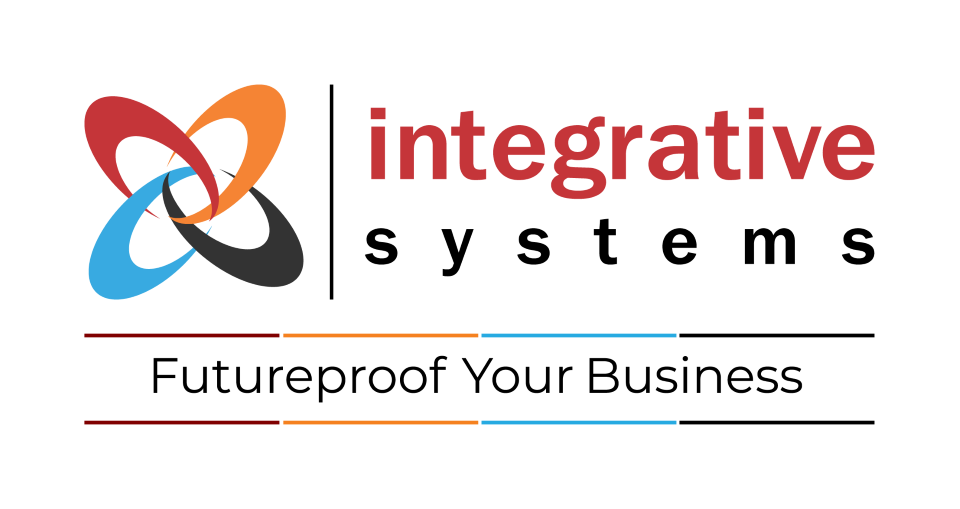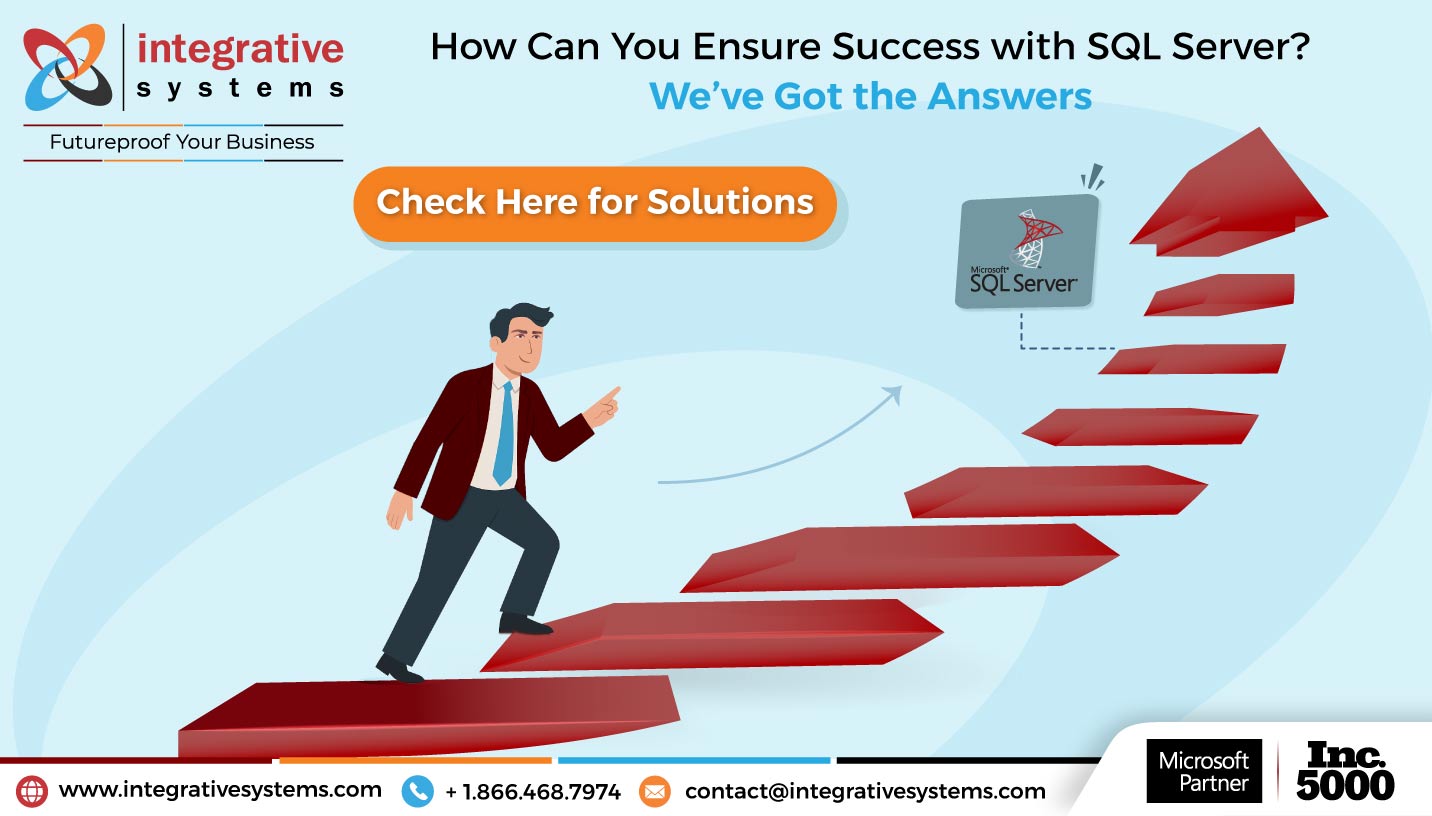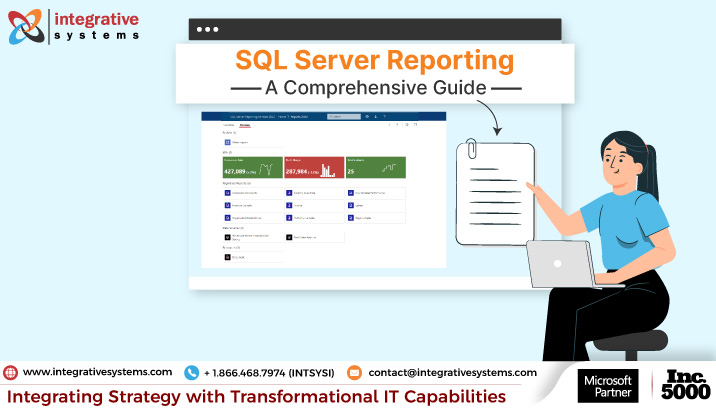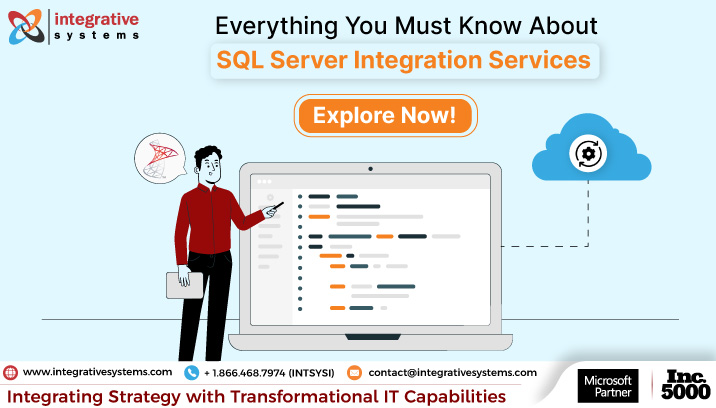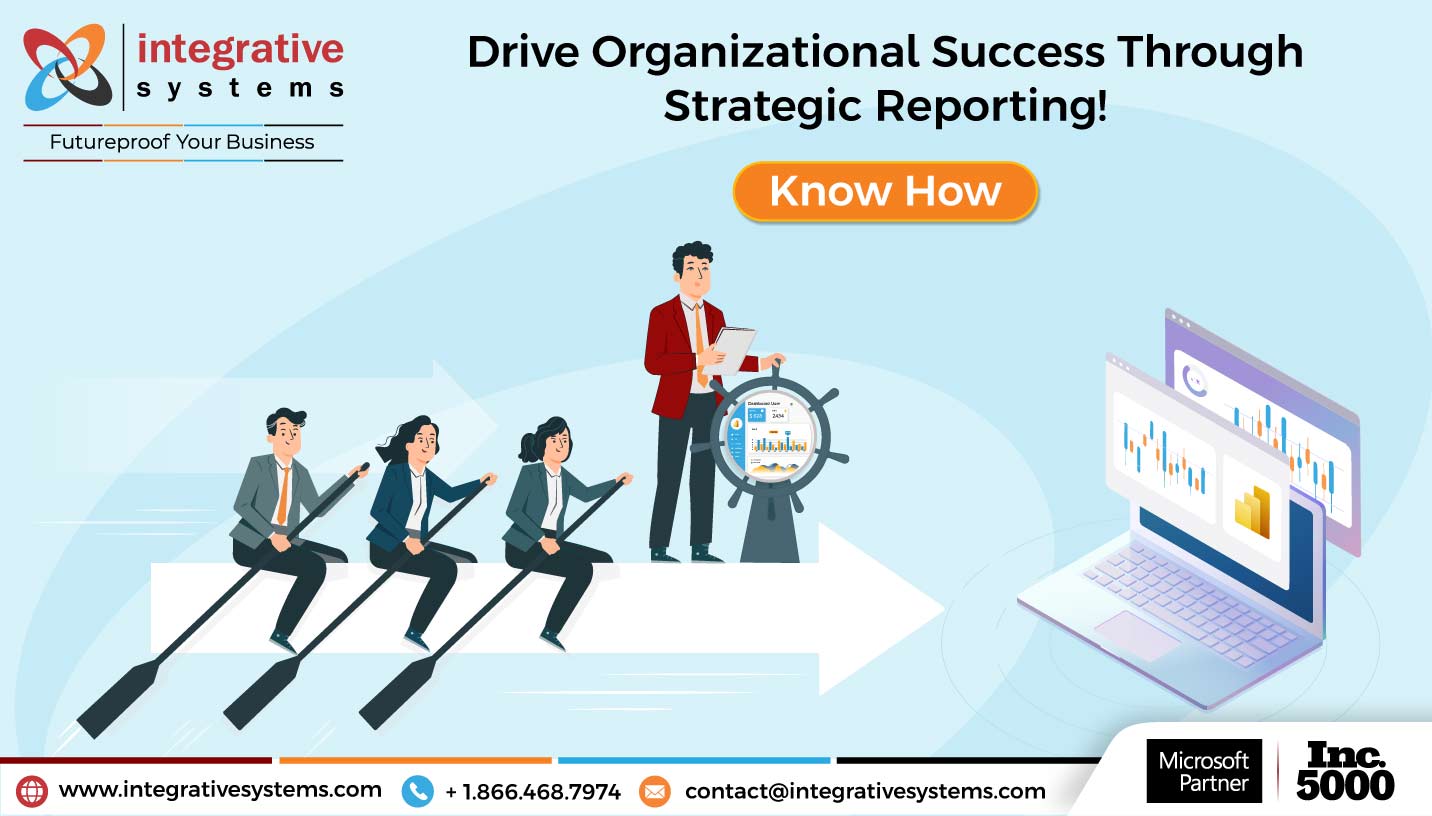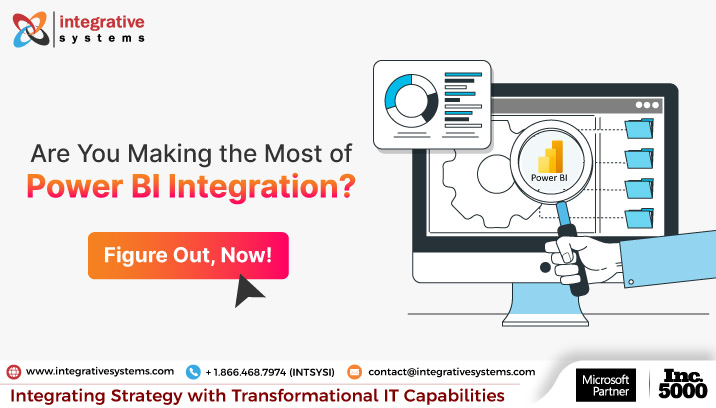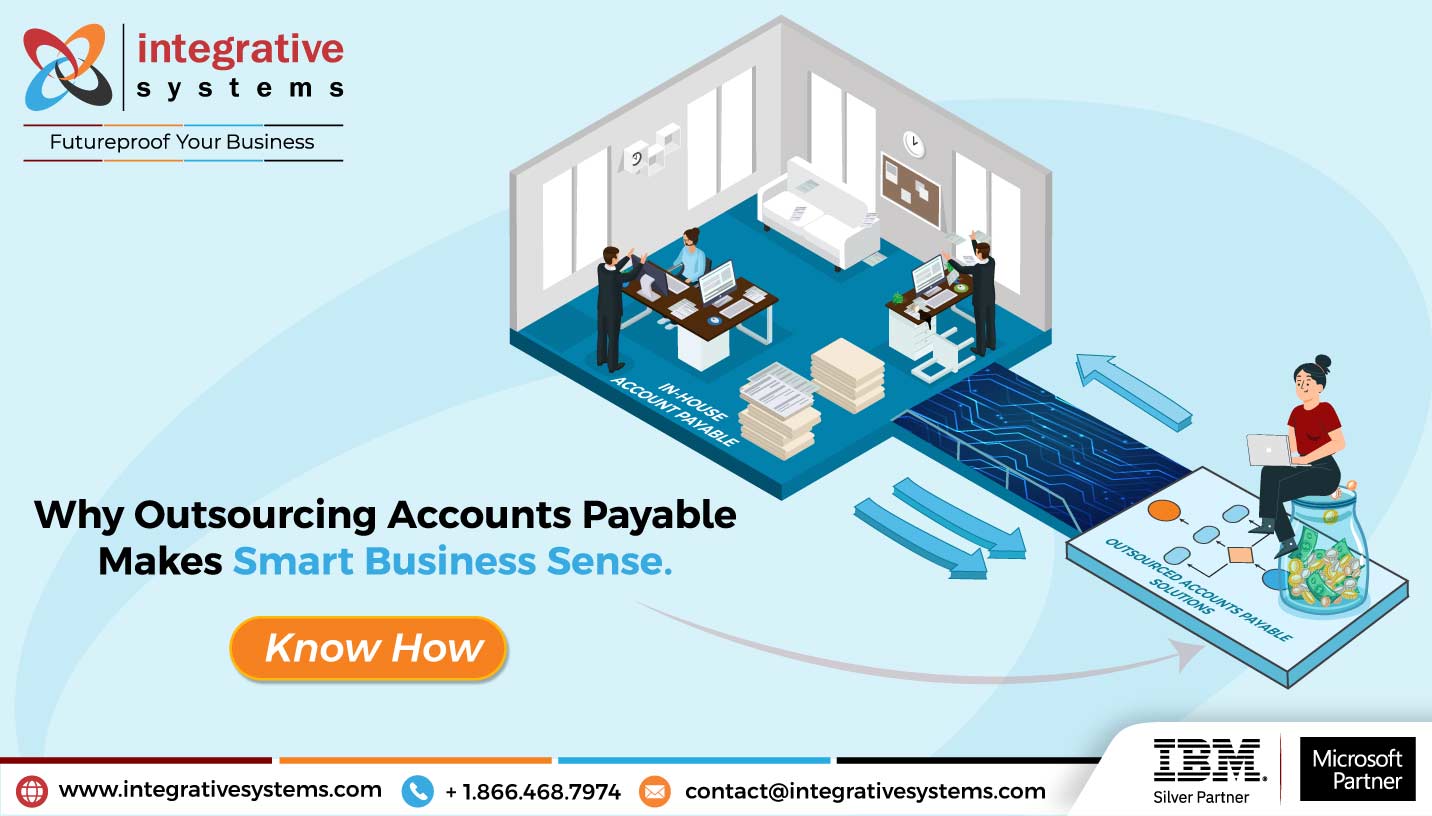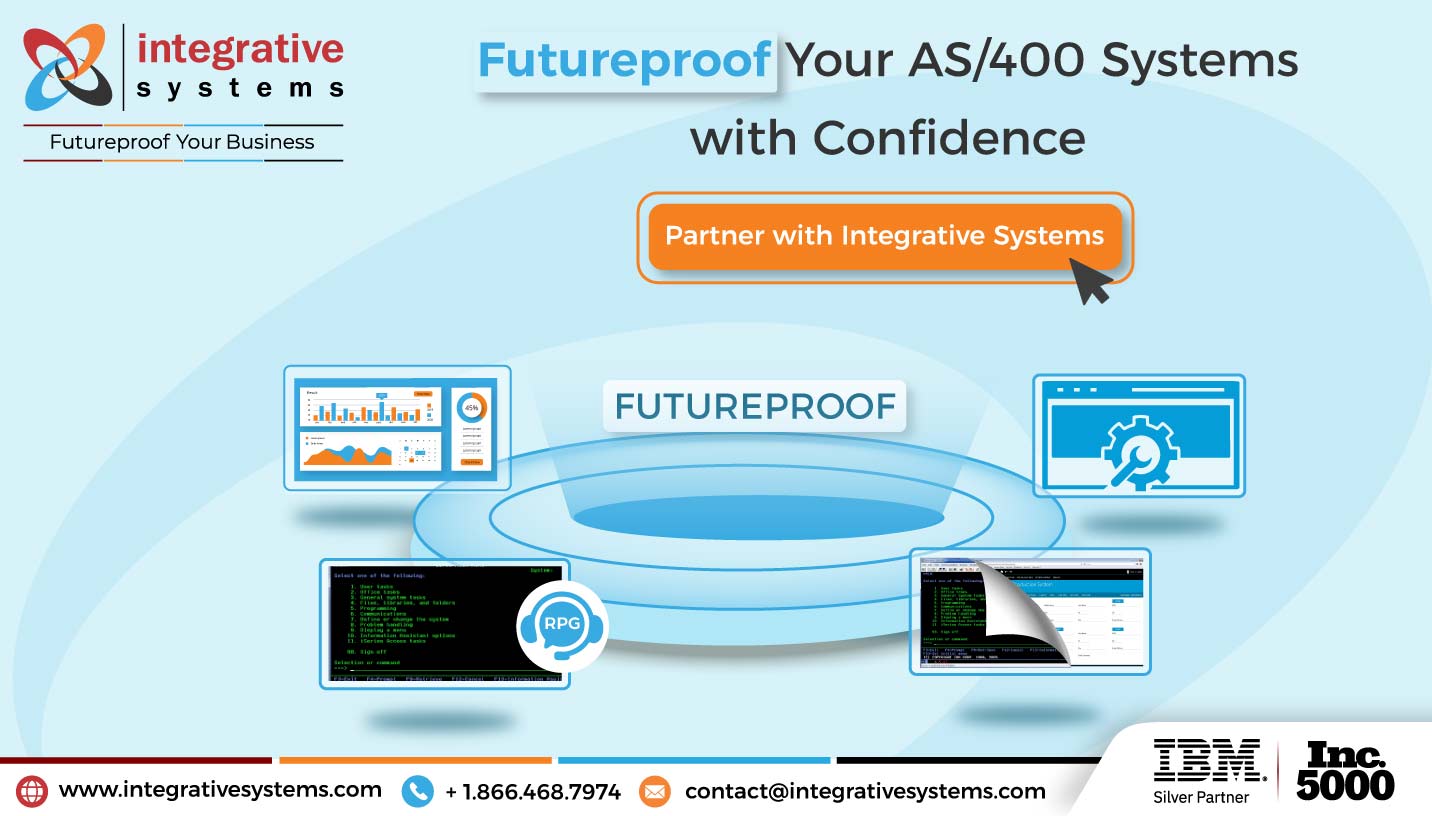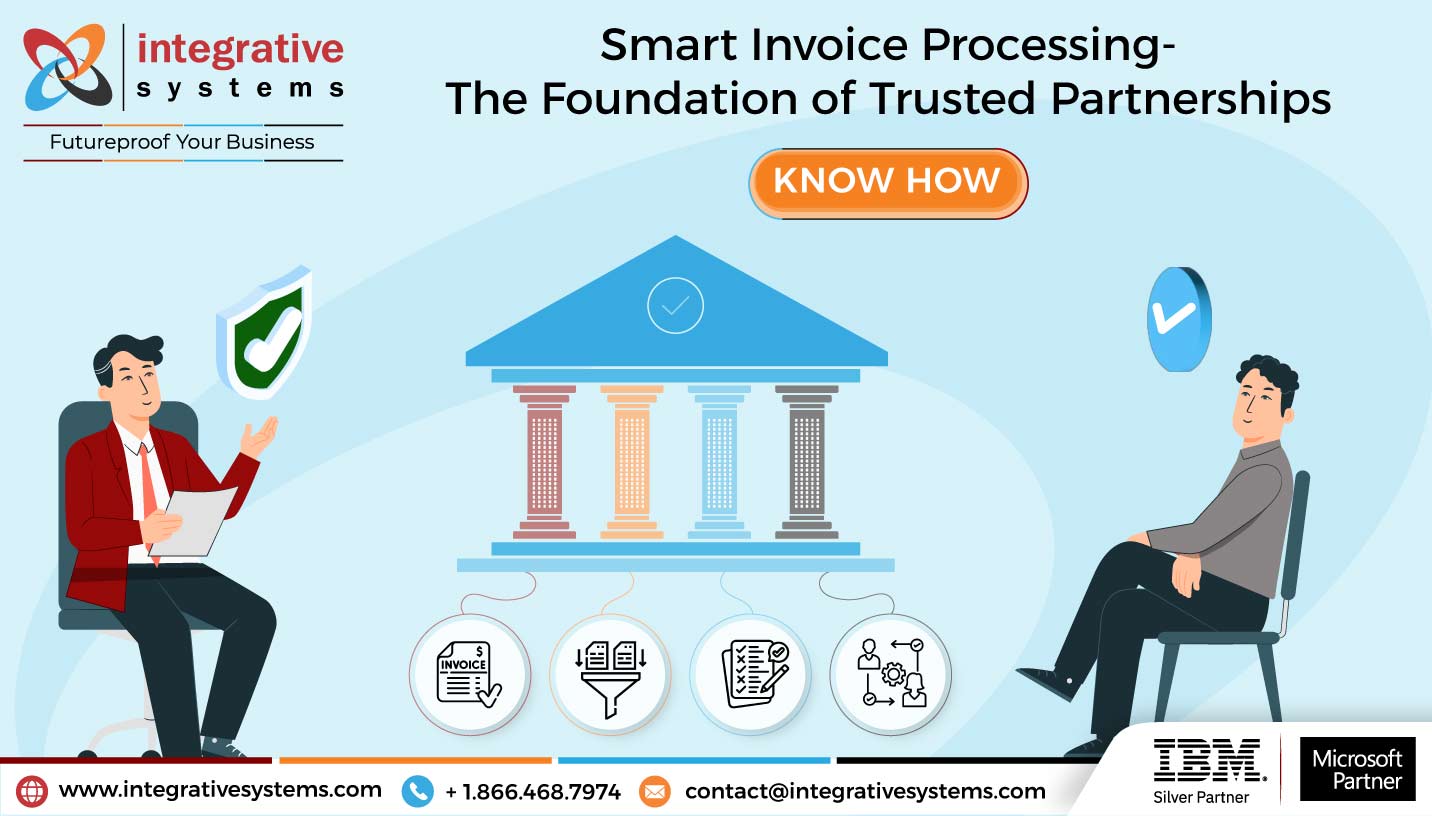As organizations increasingly rely on data to make strategic decisions, Microsoft SQL Server remains a vital platform for managing, storing, and analysing information effectively. Whether you’re a database administrator, IT manager, data analyst, or business leader looking to optimize your data infrastructure, understanding SQL Server services is essential to maximize performance, security, & scalability.
This blog answers the top 15 questions about SQL Server services, providing clear, practical understandings into how these core components work and why they matter. From automating routine tasks with SQL Server Agent to delivering insightful reports via reporting services, these services form the backbone of effective data management and business intelligence.
At Integrative Systems, we bring over 15 years of experience as a Microsoft Solutions Partner, helping businesses of all sizes unlock the full potential of SQL Server. Our specialized consulting services range from database design and integration to performance optimization and advanced analytics – customized to meet your business’s specific goals & challenges.
Whether you’re managing an on-premises deployment or migrating to the cloud, this resource will equip you with the knowledge to make informed decisions and take your data capabilities to the next level.
Ready to transform your SQL Server environment?
Reach out to our experts and let’s drive your business forward together.
Let’s get started.
What are SQL Server services?
Ans – SQL Server services are the core components that run Microsoft SQL Server and handle its main functions. These services include –
- SQL Server (MSSQLSERVER) – runs the database engine, which stores and processes data.
- SQL Server Agent – automates tasks like backups and scheduled jobs.
- SQL Server Browser – helps users connect to the correct server instance.
- SQL Server Reporting Services (SSRS) – delivers reports and dashboards.
Each service can be started, stopped, or configured separately, giving you control over performance, security, and resource usage.
Why use SQL Server analysis services?
Ans – SQL Server Analysis Services (SSAS) lets you build fast, organized data models for better reporting and analysis. It improves query performance, handles large datasets, and ensures consistent data across reports. SSAS works well with tools like Power BI and Excel, making it easier to explore data. It also offers strong security and user access controls.
Is SSAS obsolete?
Ans – No, SQL Server Analysis Services (SSAS) is not obsolete, but its role is developing. While newer tools like Power BI and Azure Analysis Services offer more modern features and cloud scalability, SSAS is still widely used in enterprise environments for complex data modeling and on-premises solutions.
What is Microsoft SQL Services?
Ans – Microsoft SQL Services is a set of tools and technologies from Microsoft that help store, manage, and analyze data. The core service is SQL Server, a powerful database system used by businesses to run applications, store customer data, and generate reports.
Also offers cloud-based options like Azure SQL Database, which provides similar features online with easier management and scaling.
What is the use of SQL Server reporting services?
Ans – SQL Server Reporting Services (SSRS) is a powerful tool used to create, manage, and deliver reports based on data stored in SQL Server databases. It helps businesses turn raw data into clear, visual reports like charts, tables, and dashboards. Key uses include –
- Generating interactive and printable reports that provide insights for decision-making.
- Automating report delivery via email or web portals to keep teams informed.
- Customizing reports with filters and parameters for different user needs.
- Integrating reports with other applications to enhance business workflows.
Overall, SSRS simplifies data analysis and improves how businesses share critical information.
What is SQL Server Reporting Services?
Ans – SQL Server Reporting Services (SSRS) is a Microsoft tool used to create, manage, and deliver reports from data stored in SQL Server. It helps businesses turn raw data into easy-to-read tables, charts, and dashboards. Reports can be viewed in a web browser, emailed, or exported to formats like PDF and Excel
Is SSIS still used today?
Ans – Yes, SSIS (SQL Server Integration Services) is still widely used today for data integration and workflow automation. Many businesses rely on SSIS to move, transform, and load data efficiently between different systems.
It offers a reliable and scalable solution for ETL (Extract, Transform, Load) processes, especially within Microsoft environments. SSIS continues to receive updates and support, making it a solid choice for both small and large data projects. For users familiar with Microsoft tools, SSIS remains a preferred option due to its ease of use and strong integration capabilities.
What is the difference between SSIS and SSMS?
Ans – SSIS (SQL Server Integration Services) and SSMS (SQL Server Management Studio) serve different purposes in Microsoft SQL Server –
SSIS is a tool used for data integration, migration, and building ETL (Extract, Transform, Load) processes. It’s ideal for moving and transforming data between sources.
SSMS is a management interface used to configure, manage, and query SQL Server databases. It’s where you write and run SQL scripts or manage database objects.
In quick, SSIS is for building data workflows, while SSMS is for managing and querying databases. Both tools are often used together in database and data warehouse environments.
Can I use SSIS without SQL Server?
Ans – No, SQL Server Integration Services (SSIS) is a component of Microsoft SQL Server, so it needs SQL Server to run. However, we can develop SSIS packages using SQL Server Data Tools (SSDT) without requiring a full SQL Server instance. To run or schedule SSIS packages, you’ll need –
- A licensed SQL Server (Standard or Enterprise) for production execution.
- SQL Server Integration Services installed on the server.
- SQL Server Agent (for scheduling) or alternatives like command-line execution with dtexec.
In short, while you can build SSIS packages separately, need SQL Server to fully use and manage them.
What are the three types of SSIS?
Ans – The three main types of SSIS packages are –
- Data Migration – Moves data from one source to another, like from a legacy system to a modern database.
- Data Transformation – Cleans, formats, and reshapes data so it’s ready for analysis or reporting.
- Workflow Automation – Schedules and manages tasks like backups, file transfers, or sending notifications.
These package types help businesses streamline data operations, improve accuracy, and reduce manual work.
Is SSIS an ETL tool?
Ans – Yes, SSIS is an ETL tool by Microsoft; it is a component of Microsoft SQL Server, the popular Relational Database Management Service (RDBMS). With SQL Server Integration Services ETL capabilities, you can create, schedule, and manage data integration workflows efficiently.
Where are reports stored in SQL Server Reporting Services?
Ans – Reports in SSRS are stored in the Report Server database, created during installation. Report files (RDL), metadata, and settings are saved in the Catalog table in a binary format. You can manage these reports using Report Manager or SQL Server Management Studio. For full backup or migration, include both Report Server and Report Server Temp DB databases.
What does a fullstack SQL Server consulting service include?
Ans – A full-stack SQL Server consulting service covers end-to-end support for your database environment. This typically includes –
- Database design and architecture – setting up efficient, scalable structures
- Performance tuning – improving speed and reliability
- Security and compliance – protecting data and meeting industry standards
- Backup and disaster recovery – ensuring data is safe and recoverable
- Ongoing maintenance and monitoring – proactive health checks and updates
These services help businesses get the most from SQL Server, whether on-premises or in the cloud.
How can SQL Server services improve performance and scalability?
Ans – SQL Server services improve performance and scalability by efficiently managing resources and optimizing data processing. They allow tasks like backups, indexing, and query execution to run easily in the background, reducing wait times. Key benefits include –
- Load balancing to handle more users without slowing down.
- Automated maintenance that keeps the database healthy and fast.
- Resource management to prioritize important tasks.
Together, these features help database grow and perform well as demand increases.
What does an SQL Server consultant do?
Ans – SQL consultants play a vital role in recognizing and resolving data challenges, designing dynamic reporting solutions, and enhancing database performance. Best-in-industry consultants bring deep expertise in database management, including proficiency in database architecture and development best practices.
Ready to transform your SQL Server environment?
Reach out to our experts and let’s drive your business forward together.
Partner with Integrative Systems for Microsoft SQL Server Excellence
We are confident that we have successfully helped you develop well-rounded understanding of Microsoft SQL Server services.
At Integrative Systems, our team of Microsoft SQL server experts has been actively handling various SQL Server requirements, across domains, for over 15 years now.
As we look to the future, one thing is clear – Microsoft has a lot to offer. With the right companionship, business leaders such as you are guaranteed to unlock its full potential.
We would take immense pride in becoming your Microsoft SQL Server consulting partner of choice. And as a dedicated Microsoft Solutions Partner, we will be committed to prioritizing your SQL Server success and help you take your business to newer heights.
Here’s how we empower your business –
- Database Management – Robust and scalable database architecture designed to support your evolving data needs securely and efficiently.
- Data Analysis Services – Unlock hidden insights and trends that fuel strategic planning and operational excellence.
- Reporting Services – Delivering clear, actionable reports that make complex data easy to interpret for all stakeholders.
- Integration Services – Seamlessly connect diverse data sources to streamline workflows and enhance productivity.
- IBM i SQL Solutions – Specialized support and optimization for IBM i platform SQL environments tailored to your business.
- SQL Consulting Services - Personalized guidance to optimize your SQL Server infrastructure, aligning technology with your vision and growth plans.
Are you ready to transform your data environment and drive measurable business outcomes?
Contact us at contact@integrativesystems.com – our experts are eager to collaborate with you and respond within 1-2 business days.
Ready to transform your SQL Server environment?
Reach out to our experts and let’s drive your business forward together.

